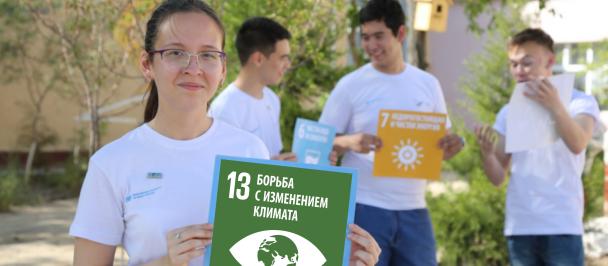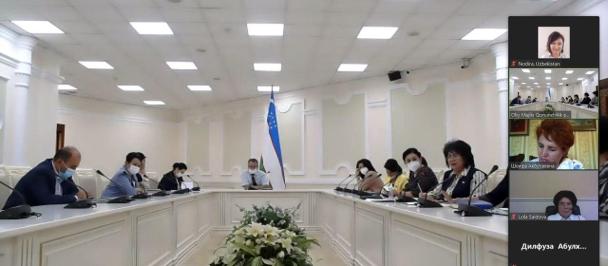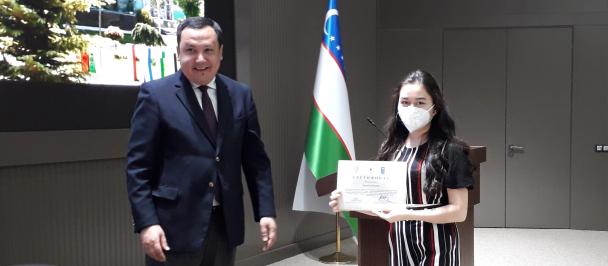UNDP and Commission on Enhancing the Role of Women in Society, Gender Equality and the Family under the Senate of the Oliy Majlis of the Republic of Uzbekistan is conducting a nationwide survey to identify root causes of gender stereotypes and patriarchal norms in the country.
Where do gender stereotypes come from?
August 15, 2022
In 2017 reforms aimed at achieving gender equality in Uzbekistan gained a new momentum. Since then, the Government has declared gender equality and women's empowerment as one of their top priorities.
Despite the legislative measures and continuous action the country is taking to achieve gender equality, there are still a number of barriers associated with gender stereotypes and patriarchal attitudes that are firmly rooted in the society. These informal barriers have a negative impact on the necessary changes in the relationships of women and men, reducing the possibilities of implementing legal instruments, as they affect status of women in the society way more than the actual law.
These barriers explain the continued inequalities between women and men in access to property, wages, career choice and other opportunities.
This research will help to:
- identify root causes of gender stereotypes and patriarchal norms which are specific to each region, as well as to identify various forms of discrimination existing among rural and urban population.
- to foster the development of holistic and systemic transformations at the regional, district and local levels, combined with information and educational support, and strengthening social responsibility .
- develop a training course on gender equality and stereotypes hindering the promotion of gender equality values for civil servants, activists, civil society; and educational programs for journalists and media professionals.
The study will cover five major cities in the centres of the regions, which are evenly distributed throughout the country and represent the historical, social and economic characteristics of each region:
- Capital area – the city of Tashkent, Tashkent region.
- Fergana Valley – the city of Fergana, Fergana region.
- Central region – the city of Samarkand, Samarkand region.
- Southern region – the city of Karshi, Kashkadarya region.
- Aral Sea region – the city of Nukus, Republic of Karakalpakstan.
Focus group discussion (FGD) methodology will be used for this survey. Candidates for FGDs will be chosen among local professionals who are in a forefront of their specialized areas such as STEM and education; employment, decision making, gender-based violence, decision making, leadership and migration.
One focus group discussion on gender stereotypes in all 7 areas will be organized with participation of young university students in Tashkent.
In addition to the FGDs, an online survey in communities and mahallas will be conducted with the assistance of representatives of mahalla committees in all regions of the country.
Based on the results of the study, mapping of gender stereotypes will be developed to get a clearer picture of the root causes of gender stereotypes throughout the country.
Region-specific recommendations on response, prevention and combatting gender bias and stereotypes will be developed for Commission on Enhancing the Role of Women in Society, Gender Equality and the Family under the Senate of the Oliy Majlis of the Republic of Uzbekistan, local municipalities, mass media and mahalla committees.

 Locations
Locations


